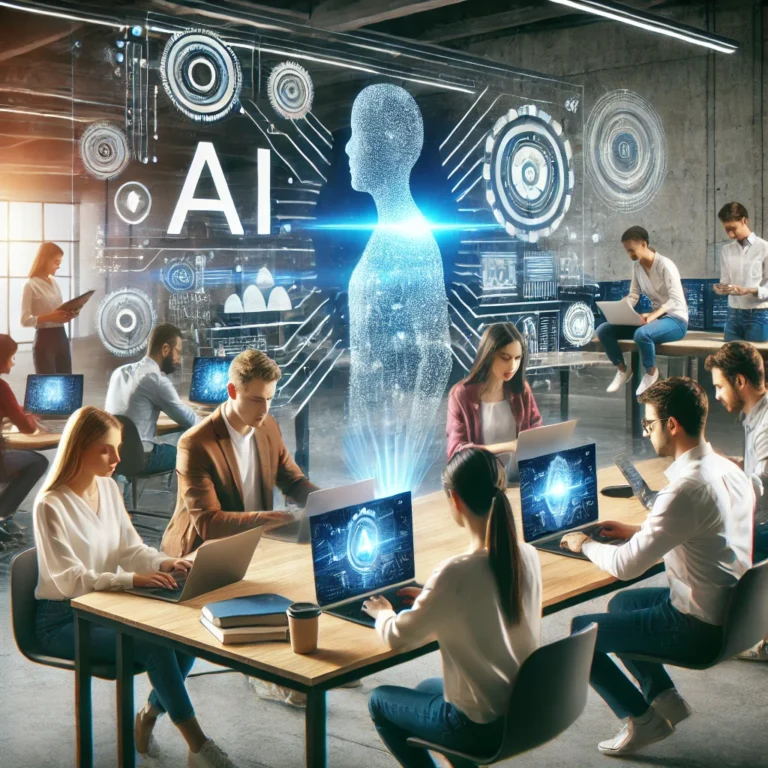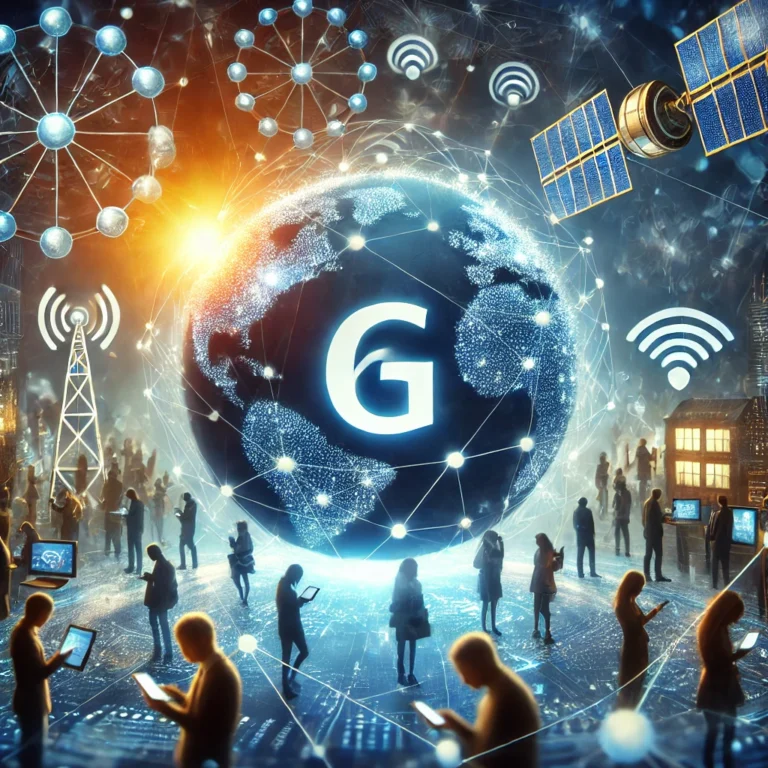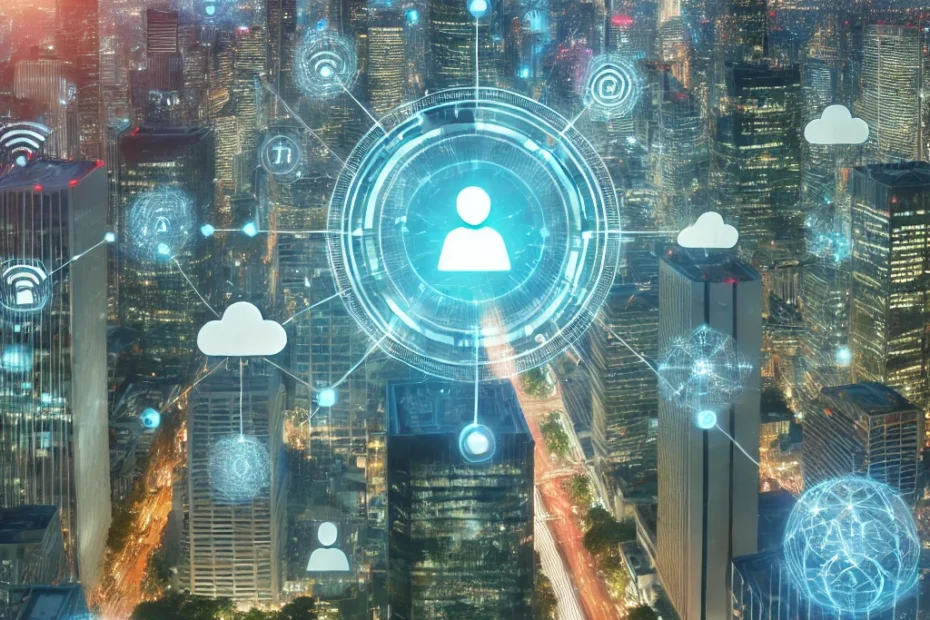As we step into 2025, the pace of technological advancement continues to redefine how we work, live, and interact with the world. With breakthroughs in generative AI and the potential introduction of 6G connectivity, the year promises to bring transformative changes across industries. This post explores these innovations, their implications, and how individuals and businesses can adapt to thrive in this rapidly evolving landscape.
The Power of Generative AI and Automation
What Is Generative AI?
Generative AI refers to artificial intelligence systems capable of creating new content—text, images, music, and even code—by learning from existing data. Tools like ChatGPT, DALL·E, and others have already demonstrated its potential in creative and operational contexts. In 2025, generative AI is set to further permeate industries such as:
Healthcare: Enhancing diagnostics and treatment planning through AI-generated insights.
Education: Providing personalized learning experiences tailored to individual needs.
Creative Industries: Automating content creation for marketing, entertainment, and design.
Agriculture: Optimizing crop yields and resource management using predictive analytics.
Transforming Business Models
Generative AI enables businesses to:
Enhance Productivity: Automate repetitive tasks, allowing employees to focus on strategic activities.
Personalize Customer Experiences: Tailor products and services to individual preferences at scale.
Drive Innovation: Explore new markets and develop unique solutions faster than ever before.
Ethical and Privacy Concerns
While the possibilities are exciting, generative AI also raises important questions:
Bias and Fairness: How can we ensure AI-generated outputs are unbiased and equitable?
Privacy: What measures are in place to protect sensitive data?
Accountability: Who is responsible for AI-generated content that causes harm or misinformation?
Upskilling for the Future
The rise of AI demands new skills in the workforce. Key areas for professionals to focus on include:
Data Literacy: Understanding how to work with AI-generated insights.
Creative Problem-Solving: Leveraging AI tools to innovate.
Ethics in AI: Navigating the moral and legal challenges of AI applications.

The Promise of Ultrafast Connectivity: 6G
From 5G to 6G: What’s Next?
While 5G adoption continues to expand globally, 6G is emerging as the next frontier in connectivity. Expected to deliver speeds 100 times faster than 5G, 6G could revolutionize industries and daily life through:
Immersive Experiences: Enabling seamless virtual and augmented reality applications.
Smart Cities: Accelerating IoT integrations for efficient urban management.
Healthcare Innovations: Supporting real-time remote surgeries and diagnostics.
Challenges and Opportunities
The transition to 6G comes with its own set of challenges:
Infrastructure: Significant investments are needed to upgrade networks.
Accessibility: Ensuring equitable access to ultrafast connectivity.
Regulation: Establishing global standards for 6G technology.
Despite these hurdles, the opportunities are immense. Businesses and governments that invest early in 6G development will position themselves as leaders in this technological revolution.
Preparing for a Tech-Driven Future
Collaboration Between Sectors
The successful adoption of AI and 6G requires collaboration across industries, governments, and academia. Shared knowledge and resources will accelerate innovation and address challenges like ethical considerations and equitable access.
Empowering Individuals and Communities
To thrive in a tech-driven world, individuals must:
Embrace Lifelong Learning: Stay updated on technological trends and acquire new skills.
Advocate for Ethical Practices: Support policies that promote fairness and transparency in AI and connectivity.
Leverage Technology for Good: Use AI and connectivity to address societal challenges, such as climate change and education gaps.

Inspirational Takeaways
Innovation for Progress: Generative AI and 6G are not just tools but catalysts for creating a better future.
The Importance of Ethics: Balancing technological advancement with ethical considerations ensures inclusive and fair growth.
Adaptability is Key: Embracing change and upskilling are critical for individuals and businesses to thrive.

